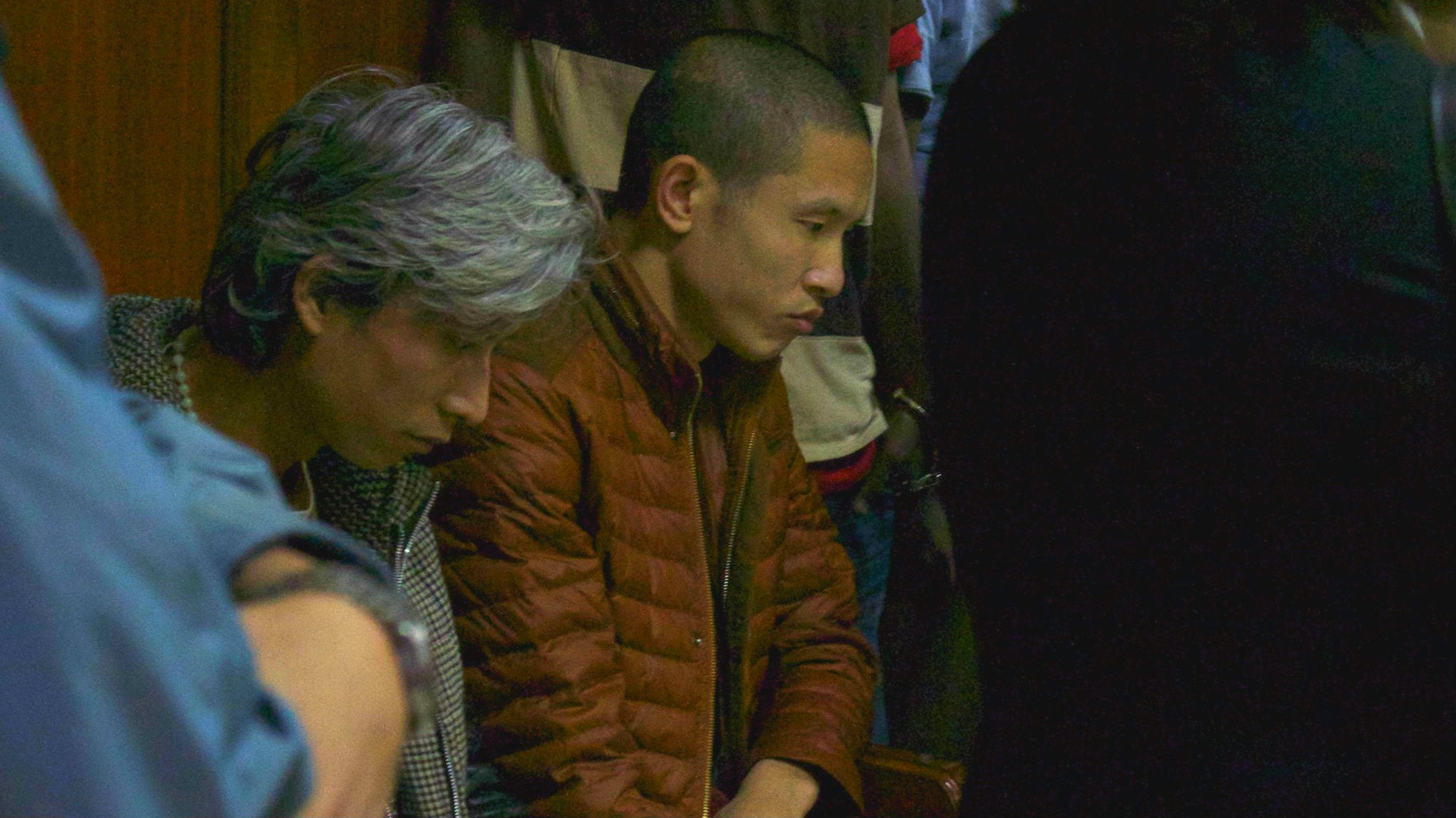China and Taiwan’s latest clash is over the fate of 45 accused of cyber-crime in Kenya
Forty-five Taiwanese nationals who were deported from Kenya to China earlier this month have confessed to committing cybercrime and will face trial on the mainland, according to Chinese state news agency Xinhua.


Forty-five Taiwanese nationals who were deported from Kenya to China earlier this month have confessed to committing cybercrime and will face trial on the mainland, according to Chinese state news agency Xinhua.
It’s a bizarre case that has put a group little-educated Taiwanese and Chinese in the middle of a diplomatic spat between Taiwan, China, and Kenya. The case highlights China’s influence far from its shores, as well as Beijing’s continued hold over Taiwan. ”The 45 Taiwanese suspects have already confessed their involvement in criminal activity,” the report said, quoting officials from China’s public security bureau.
Half of the 45 Taiwanese now facing trial in China are part of a larger group of Chinese and Taiwanese who had worked odd jobs at home as drivers and cooks and were recruited to come to Kenya on the pretense of doing similar work. They are part of a wave of Chinese migrants moving to Africa, many coming with little understanding of the countries they are relocating to, who is recruiting them, or what kind of work they will do.
Some in the group had only been in the country for a few weeks and say they had not seen their boss before they were arrested in late 2014. A fire in a nearby home in Runda estate, a suburb of Nairobi, gave police a reason to enter their home. They were suspected of running scams from phones and telecommunications equipment found in the house and arrested on vague charges of intent to commit a felony, namely cybercrime. They have spent the last year in jail in Nairobi, struggling through a trial riddled with delays and miscommunication. (Most in the group speak so little English that at first they didn’t understand why they had been arrested.)
Of the 45 Taiwanese recently deported to China, 23 were from that group, which was acquitted of all charges in Kenya earlier this month. But instead of being released, as the court ordered, they were detained again and sent in two groups to China on April 8 and 12. Taiwanese officials had rushed to Nairobi to prevent the 23 Taiwanese in the group from being sent to China, but were unable to stop the deportation. Taiwanese officials accused Kenyan police of using tear gas and assault rifles to force their citizens onto the plane bound for China and called Kenya Beijing’s “accomplice” in this case of “extrajudicial abduction.”
The case highlights Taiwan’s weakness in Africa, a continent where China and Taiwan competed for diplomatic allies in the 1960s, a contest that Beijing decidedly won. Now, only three African countries extend diplomatic recognition to Taiwan, and Kenya is not one of them. Kenya’s foreign ministry refused to meet with Taiwanese officials in Nairobi, according to Taiwanese diplomats.
China’s pull in Kenya is also evident. A week before the deportations, Beijing extended $600 million in loans to Kenya to help plug its budget deficit. China’s state-owned Road and Bridge Corp is building a billion-dollar railway between the capital city and the Kenyan port city of Mombasa.
Africa may increasingly be the site of clashes between Taiwan and China. “There is a trend now where Taiwanese and Chinese were working together to commit cybercrime. Kenya is new territory,” John Chen, head of the Taipei Liaison Office in South Africa said in an interview this month, adding that most groups have been based in Southeast Asia, where they can target mainland and Taiwanese citizens with more safely.
Still, there is little evidence to suggest that the acquitted group now in China deserve to be tried again. Police found what they believed to be suspicious equipment—six laptops, 14 mobile phones, routers, as well as 16 portable radio transceivers, or walkie talkies, and a DVR machine, according to court documents. Similar equipment was found in the home of a second group of Taiwanese and Chinese nationals that is still awaiting verdict. In this home, the internet had not been connected.
Despite some having been acquitted in Kenya, Chinese authorities have gotten confessions from all the suspects. ”I knew from the start it is wrong to trick people in the Mainland,” a Taiwanese man identified only by his surname Chien, said according to Xinhua (video). “It was wicked and there will be retribution. I want to sincerely apologize to the Mainland victims. I am willing to be punished.”